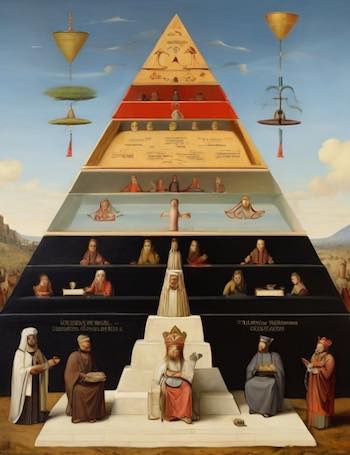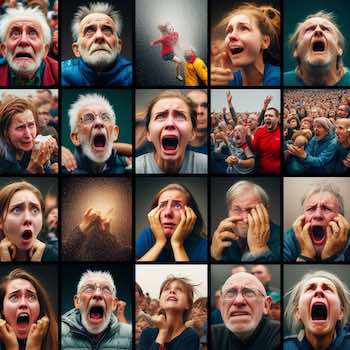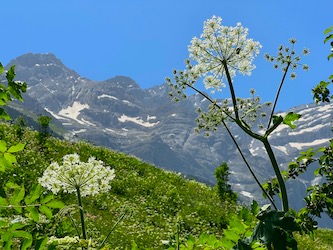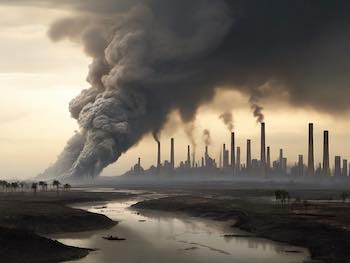Degrowth: the great confusion
Abstract: Proponents of degrowth wrongly confuse individual effort with collective management. Egos can rightly boast of individual effort. But to make degrowth a collective priesthood is to trample on other egos more numerous than their own, who seek to grow only to the point where the former refuse to degrowth… In the anarchist fog Proponents … Read more










